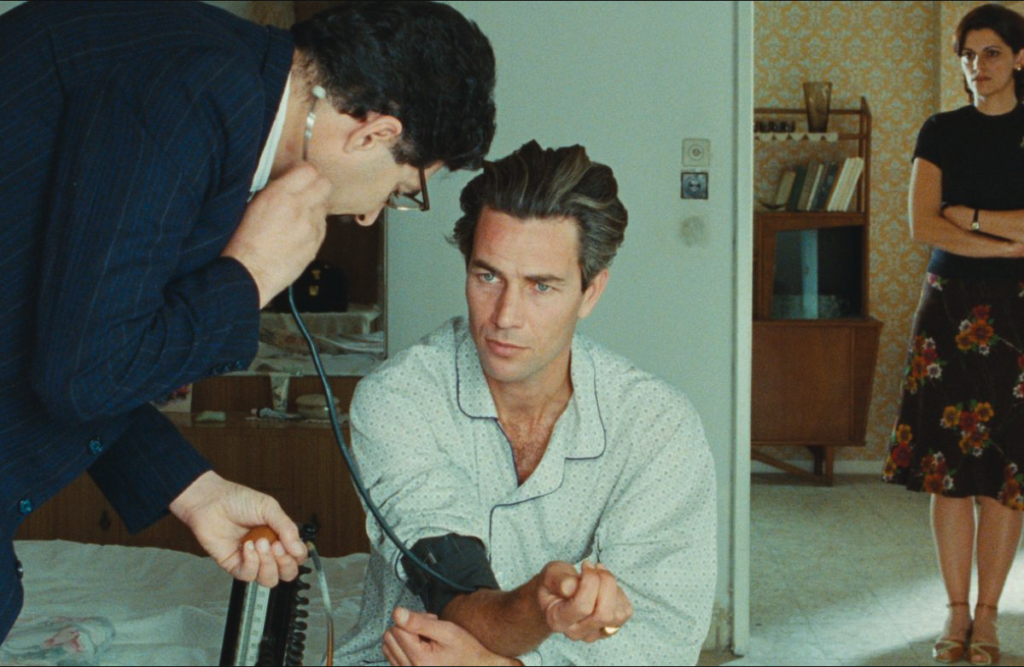Welcome to the screening and talk organized by the working group on colonialism within Historians without Borders and Cinema Orion on Tuesday October 29. The screening of The Time that Remains (2009) will be followed by a discussion on the history of Palestine and Israel and their relations in the light of colonialism. The evening is the first part of a two-part series of events.
THE TIME THAT REMAINS is a semi-autobiographical film divided into four historical episodes about a family from 1948 until recently. The film is inspired by the diary of Elia Suleiman’s father, which contains his personal stories from his time as a resistance fighter in 1948, and his mother’s letters to family members who have been forced to leave the country since then. The film aims to portray the daily lives of Palestinians who remained in their country and were labelled “Israeli Arabs” as a minority in their own homeland.
The languages of the film are Arabic, Hebrew and English and the subtitles are in English. The film has a running time of 1 h 49 min.
After the film, a panel discussion will reflect on the history of Palestine and Israel and their relations in the light of colonialism. The panel discussion will feature Professor Laura Junka-Aikio, Postdoctoral Fellow Wassim Ghantous, Researcher Antti Tarvainen, and filmmaker Bob Coen. The discussion will be moderated by Postdoctoral Researcher Alice Baroni and held in English.
The screening is the first part of a two-part series of events, the second of which on 12 November will include a screening of the documentary No Other Land (2024) and a discussion on the history of Finland’s policy towards Israel and Palestine. You can buy tickets for individual screenings or a package ticket at a special price to see both films. More information on ticket prices below.
Trailer:
Program:
Film screening at 17:00-18:50: The Time that Remains (2009)
From 18:50 to 20:00: Palestine and Israel in light of colonialism
The discussion will be held in English. Tickets are sold to the movie screening but the discussion is open and free of charge to all.
Tickets:
Tickets for The Time that Remains: 12 €
Reduced price: €9.50 for members of the Association of Historians without Borders in Finland and other discount groups.
Package price:
Tickets for both The time that Remains (screening on October 29) and No Other Land (screening on November 12): 20 €
Reduced price: €17 for members of Historians without Borders in Finland and other discount groups.
The package price ticket can be bought on The Time that Remains’ site on Cinema Orion’s pages.
Panelists:
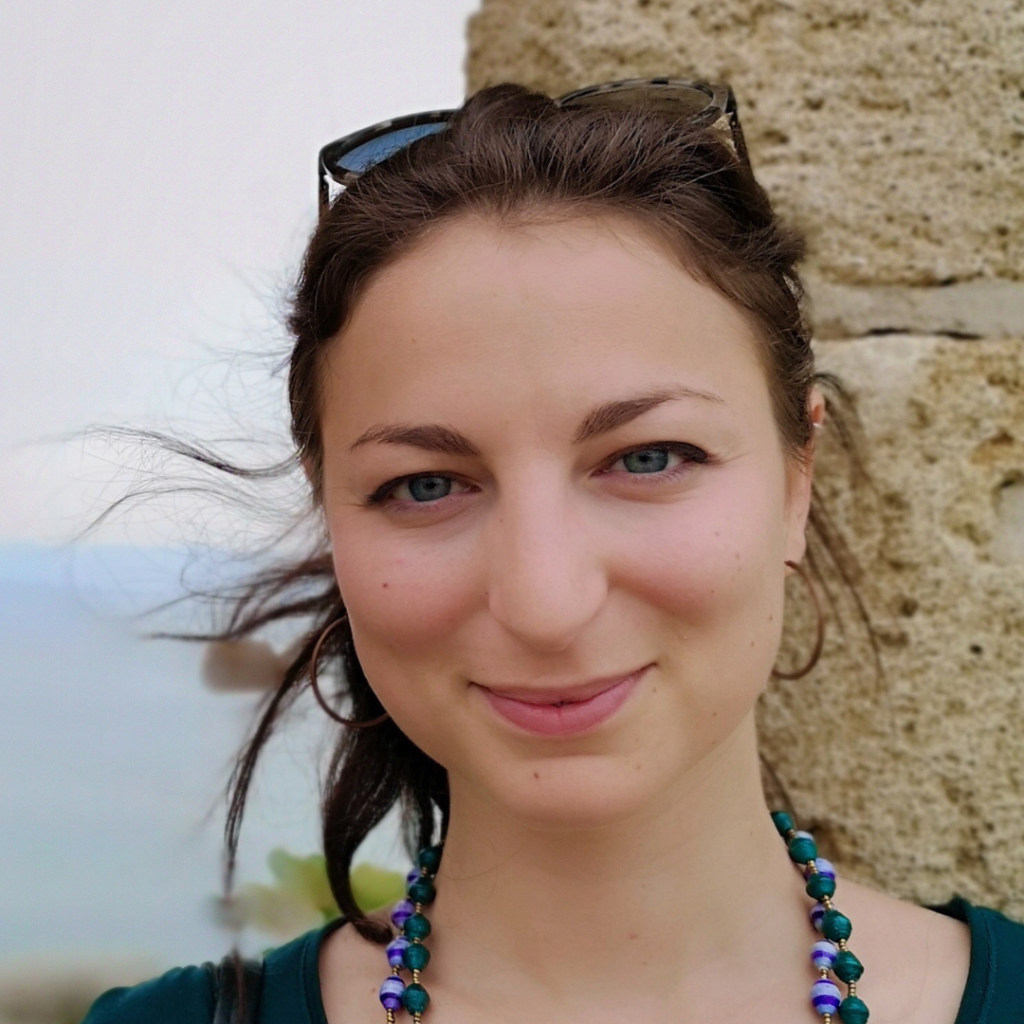
Alice Baroni is a Postdoctoral Researcher at the University of Turku. She holds a Ph.D. in International Relations/Political Science from the Geneva Graduate Institute. Her doctoral research investigated Jewish-Israeli activists for Palestinian rights and the challenges of decolonial solidarity from within the colonizers’ collective. Her current research explores the dynamics of asymmetric solidarity in a range of settler-colonial and post-colonial contexts. Beyond her academic work, Alice’s interest for the Israeli-Palestinian question has brought her to Palestine several times and has seen her involved in art and advocacy in support of Palestinian rights.
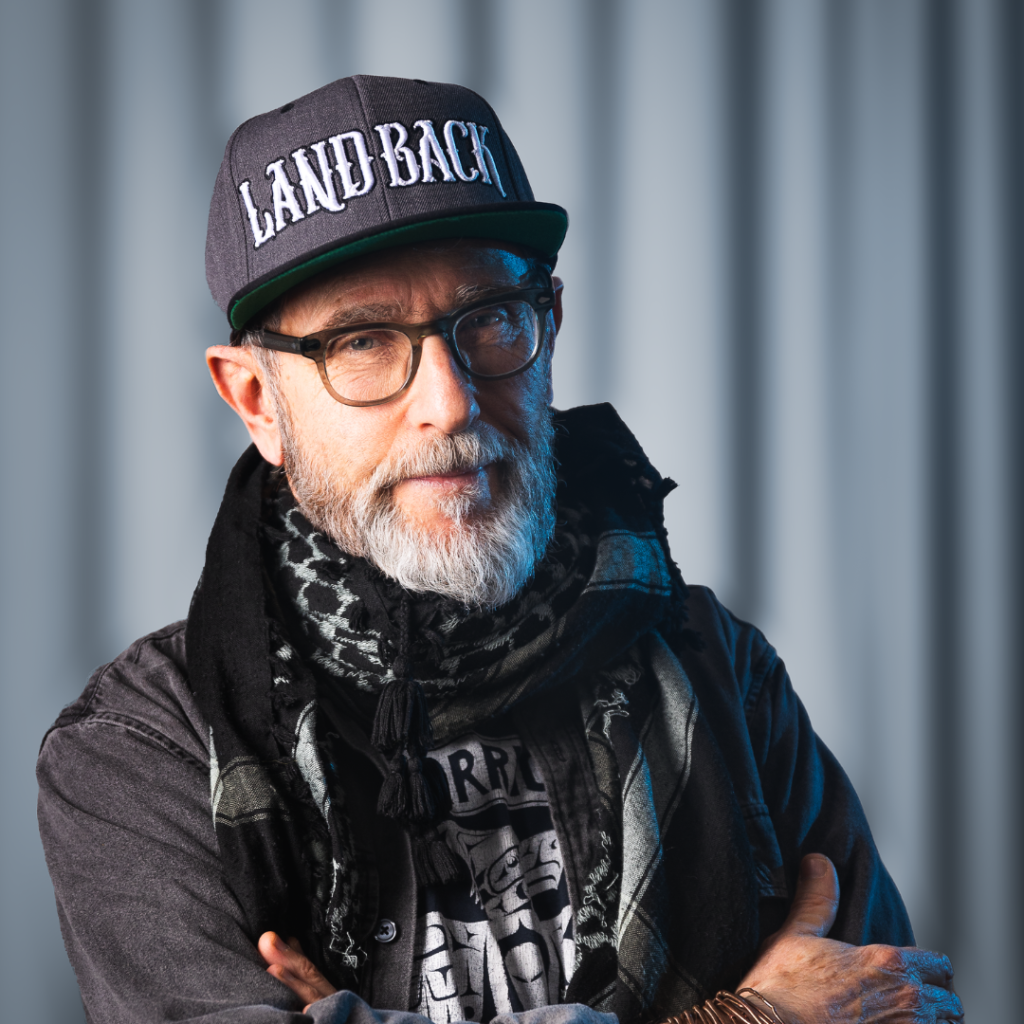
Bob Coen is an award-winning filmmaker, investigative journalist, and former war correspondent who has spent almost four decades documenting struggles for social justice and challenging accepted narratives about our world. Raised in southern Africa, his early work chronicled the post-colonial conflicts of his home region and the anti-apartheid struggle of South Africa. He went on to become CNN’s roaming Africa correspondent for ten years and was awarded the 1997 Bayeux Calvados Award for his coverage of the Liberian civil war in 1997. His later work has concentrated on investigative documentaries focusing on the geopolitics of the 21st Century with films broadcast by the world’s leading broadcasters, including ARTE, the CBC, PBS and NHK which have been recognized with several international awards. He is currently developing a series of documentaries that explore how the themes of colonization, memory and opposing world views intersect in late-stage capitalism.
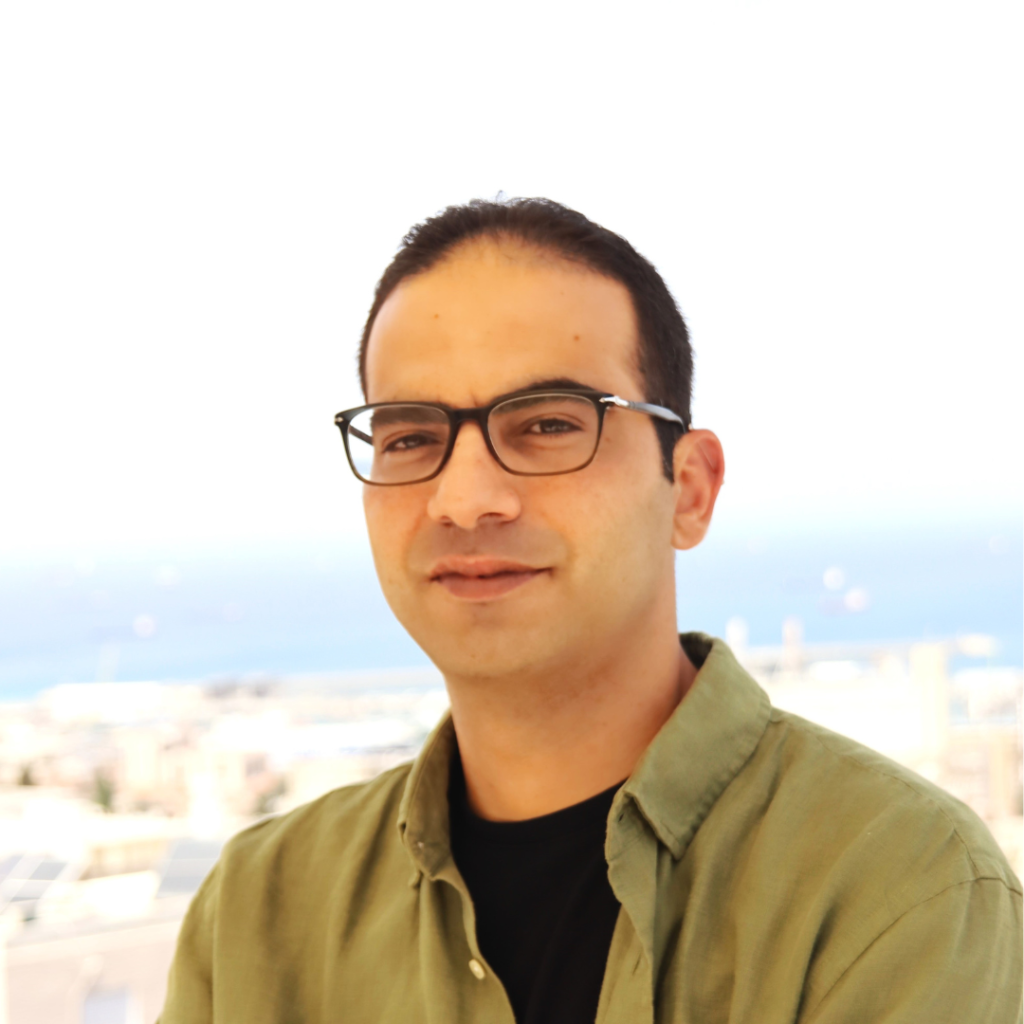
Wassim Ghantous is a Postdoctoral Fellow at the Space and Political Agency Research Group (SPARG), Tampere University. His research cuts across the disciplines of Political Geography and International Relations, focusing on questions of politics, coloniality, violence, surveillance, (in)security, and resistance, as they play out in the context of Palestine-Israel and beyond. Previous to his academic career, he worked in several Palestinian and Israeli human rights organizations, most notably at the BADIL Resource Center and B’Tselem.
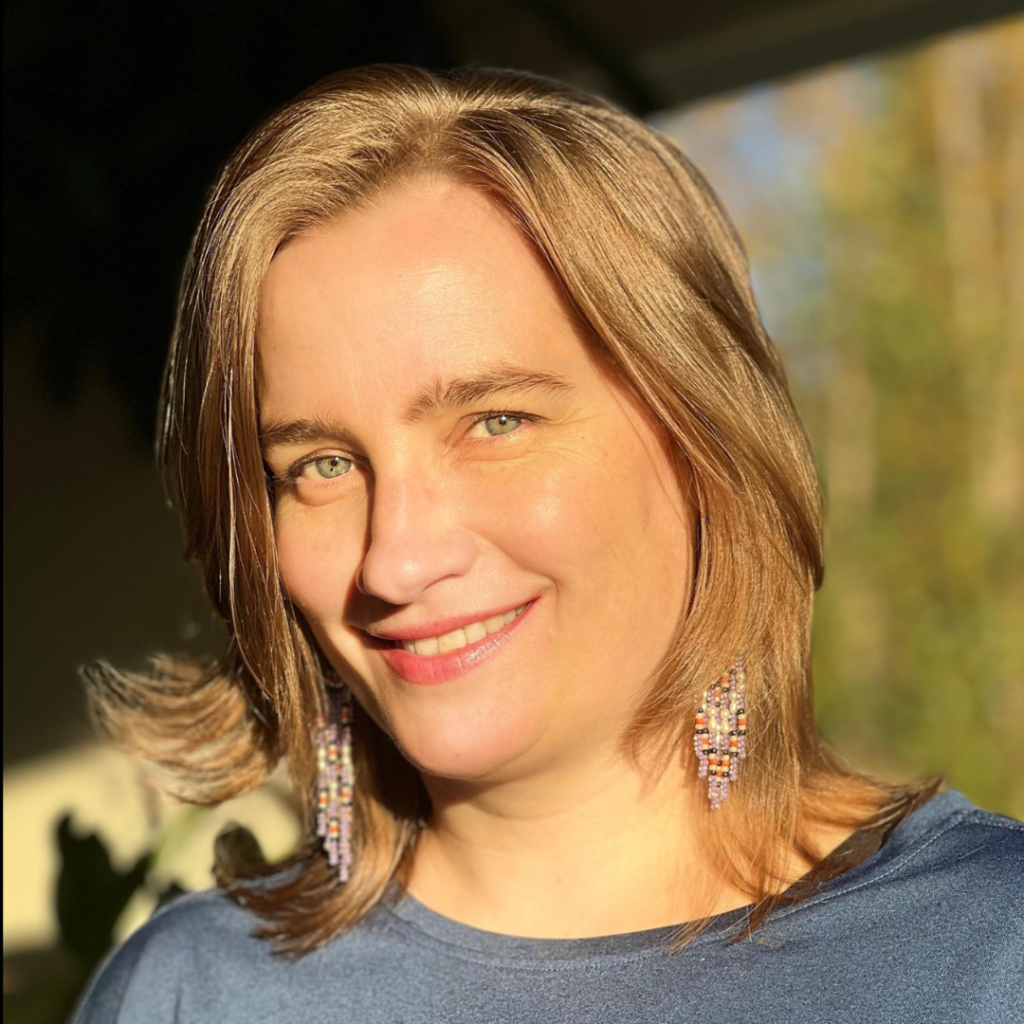
Laura Junka-Aikio is a Professor of Northern Politics and Government at the University of Lapland, where one of her core tasks is to coordinate a new international, interdisciplinary MA degree programme in Arctic World Politics. Her research is multidisciplinary and focused especially on the study of contemporary colonialism in its various forms. She has a long experience of working in the West Bank and Gaza, first as a journalist and photographer, and later, as a researcher for a PhD that examined the changing politics of Israeli military occupation and Palestinian everyday resistance in the West Bank and Gaza. Since then, her research has focused on Sápmi and Nordic Colonialism, on the study of Arctic Indigenous and settler colonial politics, and, more recently, on the ongoing militarization of the Arctic region.
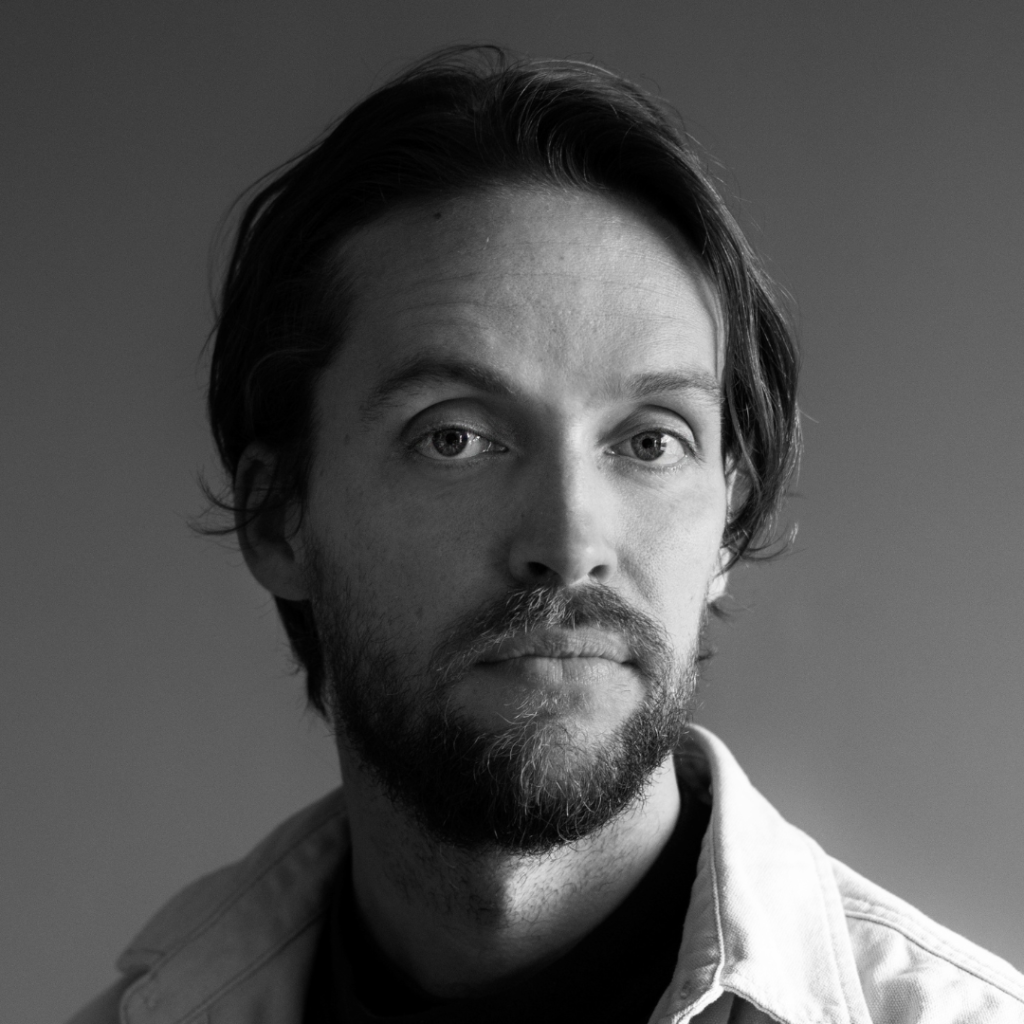
Antti Tarvainen is a researcher at the foundation of the Finnish Institute in the Middle East and a doctoral researcher at the University of Helsinki. In his research Antti examines the entanglements between settler colonialism and innovation economy in the global landscapes of Palestine/Israel. His empirical sites of study ranges from Palestine/Israel to Silicon Valley and to the Gulf countries. Theoretically Antti’s work moves between settler colonial, relational and critical theory.
Picture: Harri Tarvainen
What is Historians without Borders?
Historians without Borders is a network of more than 400 historians, history teachers and experts on politics of history from around the world. Founded in 2016 on a Finnish initiative, the international network and the Finnish Association of Historians without Borders in Finland aim to promote historical awareness, historical debate and the use of historical knowledge for conflict prevention and resolution. Join the network by signing the Historians without Borders Declaration. You can also support our work by becoming a member of the Finnish association.
Contact:
Heta Hedman
Secretary General
Historians without Borders in Finland
heta.hedman@hwb.fi
tel. 040 660 8979
For ticketing issues, please contact Cinema Orion’s customer service!

